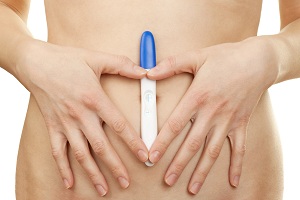Women who suffer from sleep disorders and insomnia are more likely to have infertility problems. This was revealed by a study led by Dr. I-Duo Wang of the Tri-Service General Hospital and National Defense Medical Center in Taipei.
Previous studies had found a link between sleep apnea and infertility. The study in question focused only on women with other sleep disorders. He thus offered new evidence on the link between sleep and female fertility. According to the authors, women looking for a child should go to bed early and leave the phone in another room. Eating well and exercising regularly helps to improve your chances of conceiving.
For the study, the researchers examined data from approximately 16,718 women with sleep disorders, collected between 2000 and 2010 in Taiwan. The control group included 33,436 instead of these problems. The median age in both groups was 35 and women were aged between 20 and 45.
The scholars have followed the women for about 5 years. In this period, 29 women with sleep disorders had developed infertility problems, compared to 34 in the control group. Taking into account factors such as age, women in the first group were 3.7 times more vulnerable to infertility problems.
Women with sleep disorders not only had more fertility problems, but also showed a number of chronic health problems. These included high blood pressure, high cholesterol, lung problems, kidney disease. They also showed a more irregular menstrual cycle, depression, anxiety and thyroid problems.
The exact link between insomnia and infertility is still unclear. In any case, the study suggests a link, highlighting how it is necessary to tackle the problem if it occurs.
Source: reuters.com
















